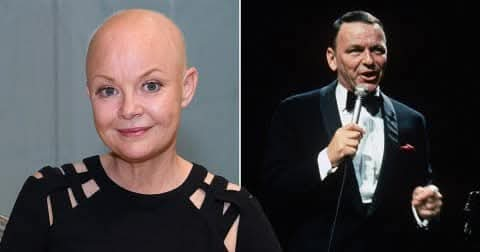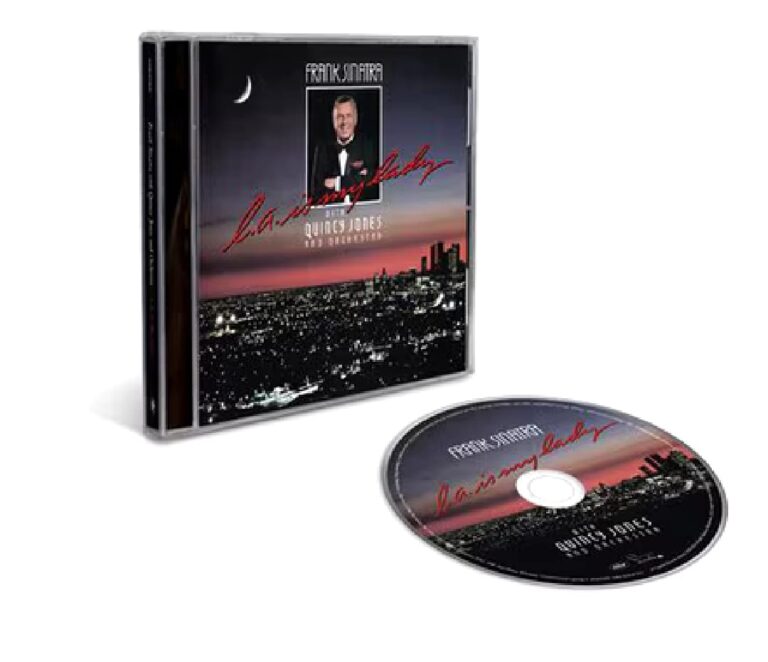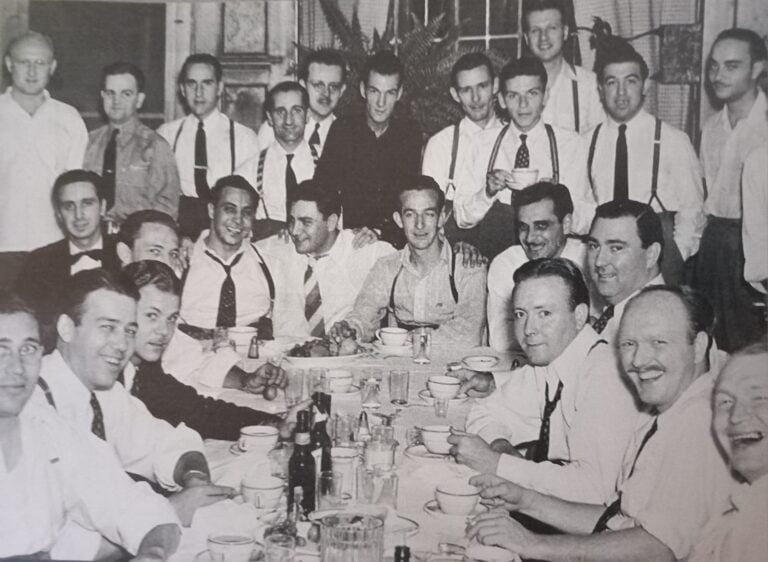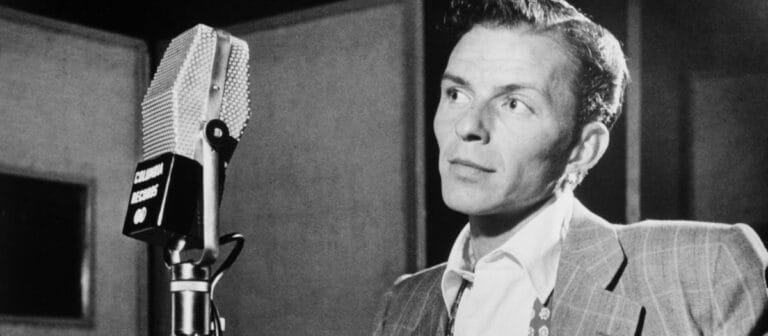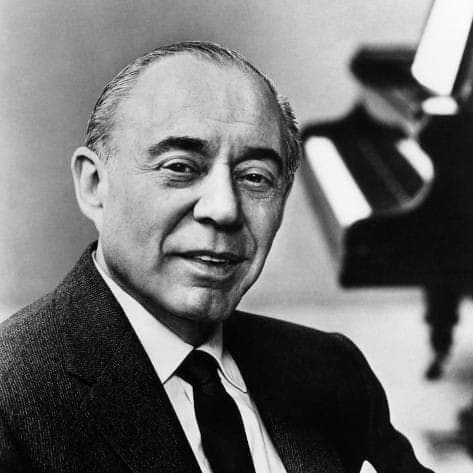
RICHARD RODGERS
By Mahnuel Muñoz
Richard Rodgers (1902-1979) was the most successful composer of the Great American Songbook. Over the course of a 60-year career, he wrote the scores for 42 musicals performed on Broadway or in the West End, as well as 11 film musicals and two television musicals (not counting numerous film and television adaptations of his stage productions), along with some instrumental works.
Although many of his songs became popular hits on sheet music and on records, he never wrote music independent of any dramatic context. In addition to composing, he also occasionally collaborated on scripts for his shows and served as a producer for them. His work earned him Pulitzer Prizes, Tony Awards, Grammy Awards, and an Academy Award.
For most of his career, he worked exclusively with two lyricists, Lorenz Hart (1919 to 1943) and Oscar Hammerstein II (1943 to 1960). His 38 shows and films with Hart are remembered primarily for the individual songs that came from them, including “Manhattan“, “Blue Moon“, “It’s Easy To Remember“, “Soon“, “The Lady Is a Tramp“, “My Funny Valentine,” “Where or When” and “There’s A Small Hotel” among many others that were recorded with great success by a multitude of bands and vocalists.
Of the 11 productions with Hammerstein (nine stage musicals, one musical film and one television musical), it is the works themselves that remain enduring, particularly “Oklahoma!“, “Carousel,” “South Pacific,” “The King and I” and “The Sound of Music,” each of which produced a chart-topping soundtrack.
Rodgers adapted his writing style to each teammate. With Hart, who usually wrote the lyrics after Rodgers had composed the song, he wrote catchy songs that matched his partner’s wit and wordplay, resulting in compositions that attracted jazz musicians and singers. pop. With Hammerstein, who usually wrote the lyrics first, he created long, sweeping melodies that were sometimes reminiscent of operetta. (He once said that he often knew people who thought that the Rodgers of “Rodgers and Hart” was a different person from the Rodgers of “Rodgers and Hammerstein,” and that he was not entirely sure they were wrong.)
After Hammerstein’s death, Rodgers continued to work for another 19 years, until his own death, sometimes collaborating with new lyricists, but frequently writing lyrics and music alone, and some of his most successful works late in life were those he did precisely alone.
If you want to visit more articles about the life of Frank Sinatra enter the following Sinatra Radio 24h link: https://sinatraradio24h.com/category/articles/
We remind you that you can also listen to Sinatra Radio 24 hours on your mobile phone by downloading our free applications for Android in the Play Store https://play.google.com/store/apps/details?id=sinatra.radio24h

